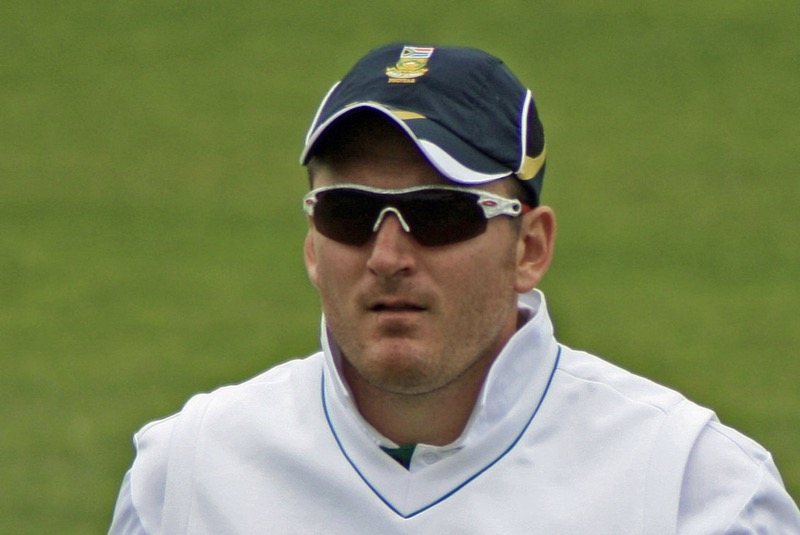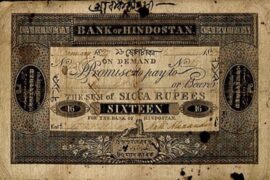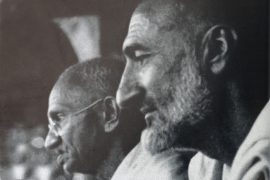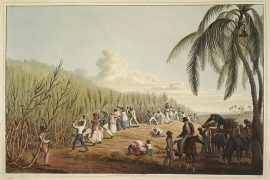Youth, it is universally accepted, has dynamism, energy, drive, and the ability to taking the plunge at the proverbial drop of a thought. More so, in today’s dispensation, where one, who’s over 40, could be thought of as dispensable commodity. And, if one is over 40, they are, doubtless, over the hill. No HRD decision maker is, perforce, ever going to look into that 40-plus star-studded, achievement-oriented bio. This is bad logic, or folly worse confounded — or, so would you think. You are right. Because, it takes time, pursuit, and also leisure, to mature. Reason enough why things are now a-changin’ — or, are they? You’ve already scored a point.
A case in the visage: the awful dot-com crash at the turn of the century and a host of other colossal corporate failures, where youth could not just deliver; forget about being able to nurture, in the first place. But, that’s the way it is at the sweepstakes today — and, you can’t do anything about it even if you want to. However, the fact remains: youthful optimism is an indispensable component of any game plan. It’s the foremost element of mental synthesis — a prompt that can take one far, even if the results may not always be something you’d write home about. Proudly.
Such a purport holds good in life, as much as it does in cricket. It also bids fair to our exemplar: the emergence of Graeme Smith, a man who was as gifted as they come. Perhaps, more.
When Smith was named South Africa captain, anybody who’s somebody with the fundamentals of the game, thought that it was a foolhardy decision. Too narrow, too premature. What’s more, Smith was just 22 summers old. Agreed that M A K Pataudi and Waqar Younis had skippered Test sides when younger — the former, almost by default, at age 21, when Nari Contractor was felled on the temple by a Charlie Griffith snorter. The best part: ‘Tiger’ Pataudi, who was always genuine captaincy material of the top order, developed as one of the finest-ever in the genre — perhaps, the best of his type.
Parallels
There was also a parallel of contrasts. ‘Tiger’ was blessed with sublime charisma before he made his Test debut — not just an emblematic face of royalty, or blue blood. Smith’s baptism of fire was what dreams are made of, but rarely achieved.
Smith had played Tests for just over a year and he replaced no less a man than Shaun Pollock, a seasoned campaigner and useful skipper — thanks to South Africa’s disastrous run during World Cup 2003. Pollock was sure made a scapegoat for his country’s monumental fiasco. Yet, it, may be, argued that Pollock was no Steve Waugh, or not as ‘inspiring’ as Stephen Fleming. Somehow, Smith got to step in, even if he did so at the wrong time — especially, in the aftermath of Hansie Cronje’s ‘diabolical’ match-fixing machinations, or disgrace.
Besides, Smith was no household name — a countenance that is sine qua non otherwise for a team captain. He wasn’t as well known in his homeland just as much as Sachin Tendulkar was even before he made it to the India XI. But, destiny was manifest — as it sometimes happens. More so, in sport — because, there’s a political underpinning. The backdrop. Dashing wicket-keeper-batsman, Mark Boucher, the vice-captain, was overlooked. So were other possible contenders. However, what clinched the issue in Smith’s favour was: he came without fanfare, and was not even remotely connected to the traumatic events ‘engineered’ by the likes of Cronje that rocked South African cricket. To top it all, it emerged Smith never ever met Cronje, or even spoke to him.
He had a clean slate.
Smith was a tough nut to crack — and, he often showed that he was made of a stouter front than most who arrive with a well-chiselled CV to international cricket.
Come March 2002, Smith got the call of his life. He was asked to play his first Test match against Australia — the best in the business — at short notice. His maiden outing was uneventful. He was out for a ‘duck.’ He took it on upon himself and emerged triumphant in the second essay. He made a patient 68, in 180 minutes, and was found equal to the task of playing the Aussies in full measure — not just by way of attitude, but also with the bat.
Not initially named in the squad, which was nothing short of a bad joke, the World Cup was a breeze for Smith at the personal level, even if his team ‘flip-flopped.’ When the leadership position came his way, he stood like a man much in control of himself. Also, he wasn’t in awe of the senior players. He had the guts to ‘drop’ the Zulu matador Lance Klusener, who he felt was not the right influence he wanted in his side. He could do that sans drama, not just because he had proved himself, but because he had averaged nearly 50 in his first 10 outings in Test cricket.
Graeme To The Fore
A tall, refined left-hander, Smith may not have envisioned the image of his namesake, Graeme Pollock. But, he had all the trappings of a futuristic Pollock in him. Rationally speaking, he had a demanding job — one with definitive political and ethnic undercurrents, especially in South Africa’s post-apartheid cricket scenario. His riposte to people who thought he could not balance the two entities — his responsibility of leadership, Smith once observed — inspired him to score successive Test match double hundreds against England.
Smith wasn’t carried away in the wake of achieving such a huge milestone, at that point of time in England. In his words: “At the moment, it’s the team (that is more important). I said before this Test series that our motto is that we are never satisfied. I look at the scoreboard and I think to myself it’s not enough, I haven’t taken enough responsibility.” Not known to reveal his emotions, or pumped up passion, Smith came to divulge it, although subtly — when he deservedly reached that magical landmark record, and after having been ‘needled’ with pain-killing injections during the course of his brilliant innings.
As Gary Kirsten, one of South Africa’s most capped players, once said, “We all knew he was destined for greatness. He put his hand up to say I’m the man for the job of captaincy. This guy can go the distance. He’s really hungry for big runs. It’s unbelievable what he’s doing — three double hundreds in 12 Tests and now two in two.” It spoke volumes of the man in the centre of action than a thousand words put together.
It’s a field day, of sorts, for credits too. Smith became just the fourth batsman in history to make double hundreds in successive Tests: one of them being a South African individual record (277). Only Walter Hammond (1928-29), Sir Don Bradman, who did it thrice in the 1930s, and Vinod Kambli (1992-93), had ever scored double hundreds in successive Tests before. Besides, when he reached 138, Smith passed 500 runs for the series — in only his third innings.
As a skipper who promised to bolster his team’s enthusiasm for the sport in a bid to return them to winning ways, Smith knew his beans. As he visualised in a newspaper interview, “I have to get everyone in the team working in one sole direction. Maybe, we need a bit of discipline in our cricket and, maybe, we need a bit of fun. But, I am determined to bring back the passion and spark.” Elaborating further, he remarked, “One of my hardest jobs will be to get the guys to step up the gear. (As a captain) I have to have the ability to tap into any player. With (Jacques) Kallis you have to make him bowl at 140kph, because you know he can if he wants to.”
However, one thing was certain. Smith sure knew that it was one thing to reach the summit, but another to sustain it. He was also cognisant of cricket history: of the grand deeds of astounding players like Lawrence Rowe et al — who did not expand on their early magic. This kept him in good stead, because he was a man who had it all — to be what he wanted.
-30-
Copyright©Madras Courier, All Rights Reserved. You may share using our article tools. Please don't cut articles from madrascourier.com and redistribute by email, post to the web, mobile phone or social media.Please send in your feed back and comments to [email protected]











